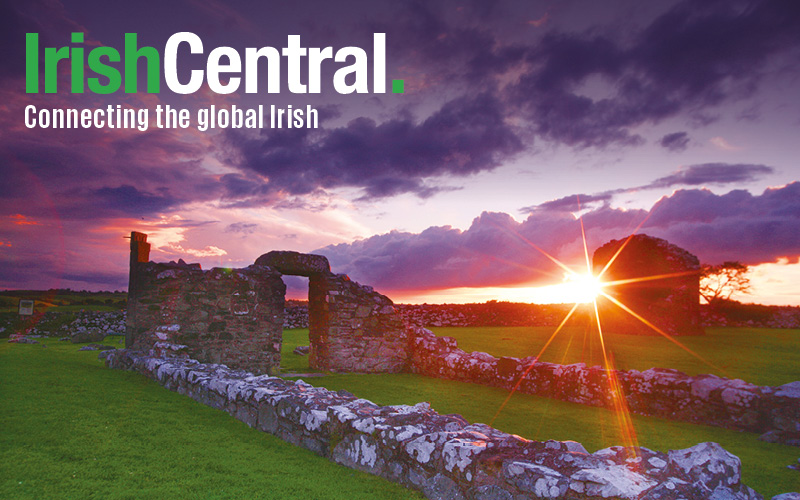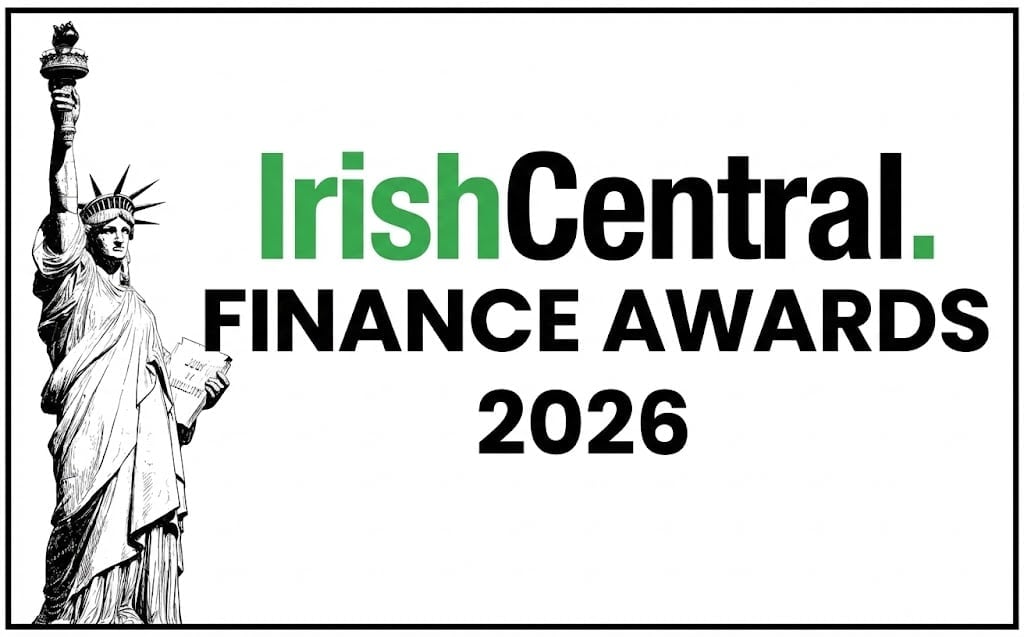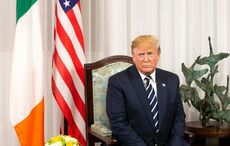Ireland’s Finance Minister has admitted that his decision to increase the VAT rate was taken without any recognition of the fact that people may spend less when it is implemented.
Michael Noonan has publicly acknowledged that his claim that a two percent increase in the top VAT rate to 23 percent would generate one billion dollars in extra revenue is based on an assumption that public spending patterns remain unchanged.
In reality, every other VAT increase in Irish budgetary history has resulted in a drop in public spending with some revenue lost to cross border shopping.
Analysts now say that Noonan’s projections may be "hopelessly" optimistic after previous Ministers only saw an increase in revenue when they decreased the top VAT rate.
________________________________________________________
READ MORE:
The Best Irish Gifts online this Christmas
David Drumm: ‘There is a witch hunt ... I convince myself that this will pass’
Ireland’s top ten most popular tourist attractions for 2011 - PHOTOS
________________________________________________________
When the late Brian Lenihan increased VAT rates to 21.5 percent, total VAT receipts fell 21 percent.
Noonan’s declaration that his estimates assume spending remain at current levels has astounded opposition parties.
The Finance Minister, responding to Fianna Fail spokesman Michael McGrath, admitted in the Irish parliament that the estimate of the yield from a two percent increase took no account of the reduced consumer demand that may arise.
The Minister said: “I am informed by the Revenue Commissioners that the revenue that would be raised from a two percent increase in the standard rate of VAT is estimated at €670m in a full year.
“This estimate does not take into account any behavioural change on the part of taxpayers as a consequence of such a measure.”
McGrath has labelled Noonan’s admission as “quite incredible."
The Fianna Fail spokesman on Finance said: “If you speak with retailers in any town, village or city in Ireland, they will tell you that a two percent increase in VAT will lead to less consumer demand.
“In the border counties, retailers are adamant that the VAT increase will encourage more consumers to shop across the Border. It will depress consumer demand and cost jobs.”




Comments